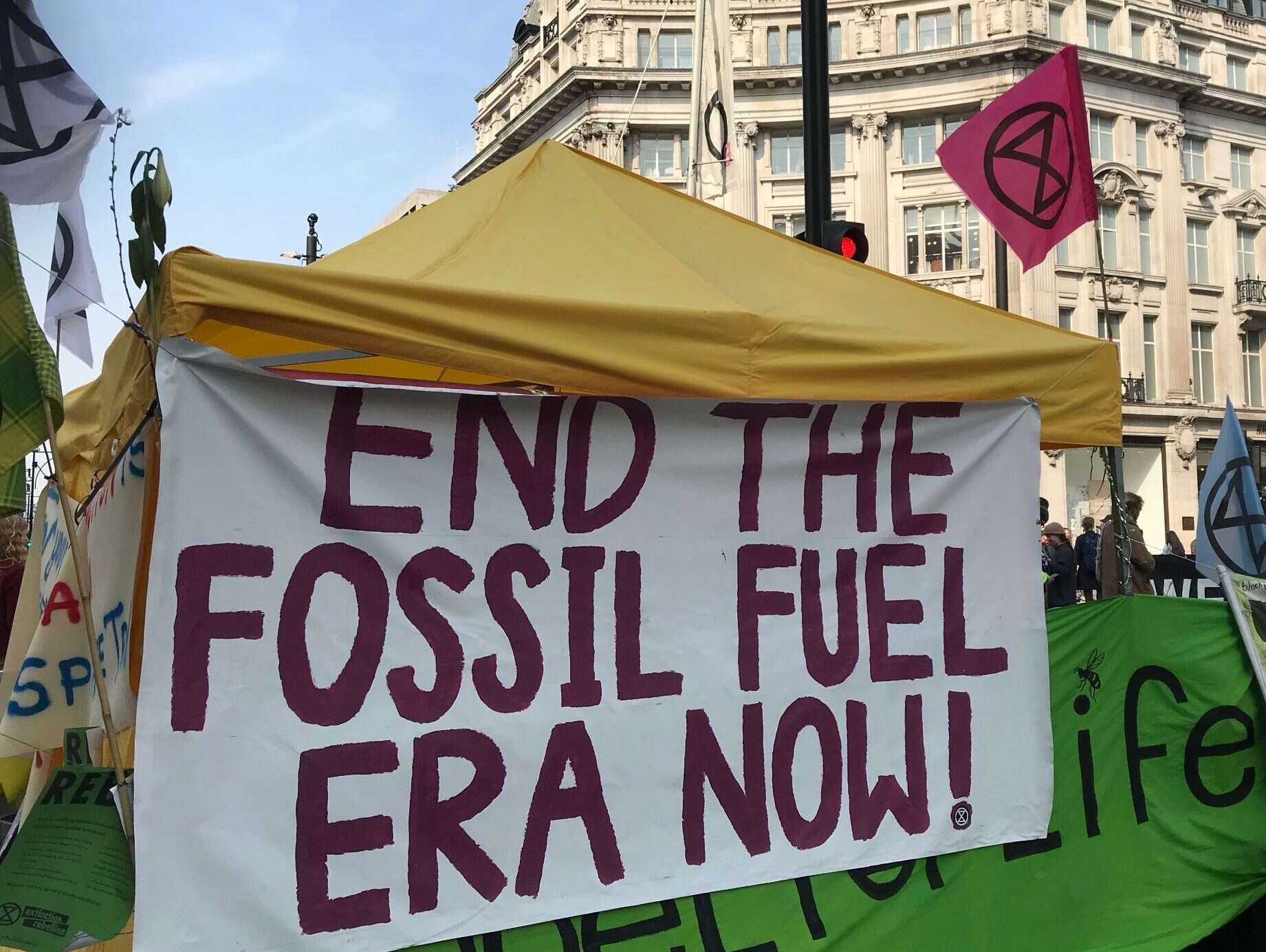
Guardian Media Group has banned all advertising from oil and gas companies in a move applauded by teen climate activist Greta Thunberg.
The group said the decision may make its short-term future “a tiny bit tougher” financially, but that it is hoping some brands will be impressed by the stance and choose to work with it more as a result.
The ban, which began with immediate effect yesterday, will extend to the Guardian, Observer and Guardian Weekly in print as well as the Guardian’s website and news apps.
In May last year the Guardian changed its style guide on issues facing the environment to favour stronger terminology such as “climate emergency, crisis or breakdown” over “climate change”.
It later acted as a partner for a US-led initiative aiming to improve media coverage of the climate crisis, and pledged to reach net zero carbon emissions as a business by 2030.
In a blog explaining the decision, interim chief executive Anna Bateson and chief revenue officer Hamish Nicklin said it was the next step that would help the Guardian “stay true” to its values.
“We believe that good advertising, done responsibly, can be a positive for the economy and the world, as well as providing an important way of sustaining the Guardian’s journalism,” they said.
“So we will continue to accept other forms of advertising as we continue to seek long-term financial sustainability for the Guardian.”
Seventeen-year-old Thunberg, who became the face of the global climate protests after she began striking from school on her own, tweeted of the move: “A good start, who will take this further?”
A senior climate campaigner for Greenpeace UK, Mel Evans, said it was a “watershed moment” and that the Guardian “must be applauded for this bold move to end the legitimacy of fossil fuels”.
The Guardian believes it is the first major media group in the world to ditch fossil fuel advertising.
Daily Swedish newspaper Dagens ETC ditched such ads last year, with its editor dubbing the decision “crucial for our credibility”.
In the UK, staff at Immediate Media publicly called for the magazine company to stop carrying advertising from oil and gas companies last year but Press Gazette understands no such policy has yet been implemented.
The Immediate Climate Action Group, made up of staff at the Radio Times, Top Gear and BBC Good Food magazine publisher, today tweeted that the Guardian’s decision was “fantastic news”.
“If the Guardian can do it, so can the rest of the media,” the group said.
Bateson and Nicklin acknowledged that some readers would want them to also abandon adverts for any product with a “significant” carbon footprint, such as cars or holidays.
But they said: “Stopping those ads would be a severe financial blow, and might force us to make significant cuts to Guardian and Observer journalism around the world.”
The pair went on to acknowledge that the Guardian’s funding model, which has a growing number of donations from supporters and which last year reported 40 per cent of its revenues from advertising, would “remain precarious over the next few years”.
Publisher Guardian News and Media claimed it broke even at the end of a three-year strategy to turn its finances around in 2018/19. Its owner Guardian Media Group made a pre-tax profit of £31m, up from a pre-tax loss of £25m the year before.
The group is now targeting 2m paid supporters by 2022 and financial sustainability in its new three-year strategy.
Bateson and Nicklin said: “We have made huge efforts to rebalance the Guardian’s finances over the past four years, and thanks to the generosity and support of readers – and advertisers – we have begun to restore the Guardian to a healthier financial state.
“The truth is that we will continue to rely on both types of support for many years to come as high quality media continues to be battered on many sides, both financially and politically, around the world.”
Guardian Media Group’s £1bn Scott Trust endowment fund pulled out of all fossil fuel-related investments five years ago, meaning they now represent less than one per cent of its total funds.
Picture: Matt Brown/Flickr
Email pged@pressgazette.co.uk to point out mistakes, provide story tips or send in a letter for publication on our "Letters Page" blog

